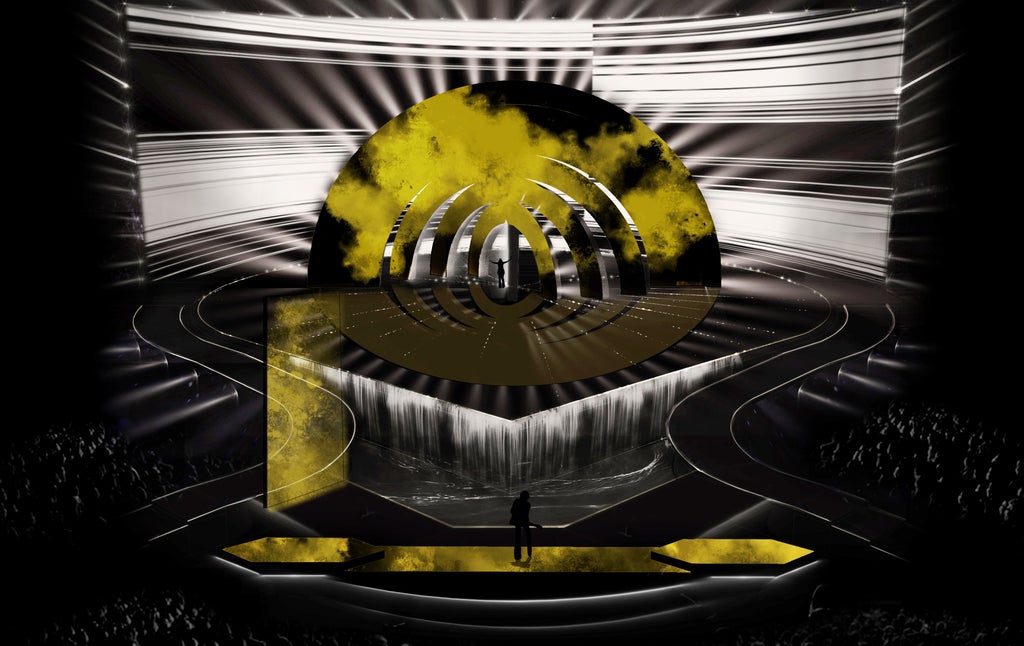
The Eurovision Song Contest has suggested it has no intention of banning Russia from competing, despite president Vladimir Putin’s invasion of Ukraine.
Organisers reiterated the annual competition’s status as a “non-political cultural event”, amid ongoing attacks by Russia on its neighbour.
“The Eurovision Song Contest is a non-political cultural event which unites nations and celebrates diversity through music,” a statement from the contest said.
“The [European Broadcasting Union’s] public broadcaster members in both Russia and Ukraine have committed to participating in this year’s event in Turin and we are currently planning to welcome artists from both countries to perform in May.”
“We of course will continue to monitor the situation closely,” the statement added.
The Public Broadcasting Company of Ukraine (UA:PBC), said today (24 February) that it has called on the EBU to exclude Russia from taking part in the forthcoming contest.
It claimed Russian broadcasters have been “a mouthpiece for the Kremlin and a key tool of political propaganda” and have taken part in “systematic dissemination of disinformation” against Ukraine, “contrary” to the values of the EBU.
The 66th Eurovision Song Contest is scheduled to take place in Turin this year, following Italy’s victory with rock band Maneskin last year.
Last week, Ukraine’s chosen representative Alina Pash withdrew from the contest amid scrutiny over her reported 2015 visit to Russia-occupied Crimea. She has been replaced by rap group Kalush Orchestra, who will compete with their song “Stefania”.
Russia has yet to announce its 2022 Eurovision entry.
Russia’s actions have been met with condemnation from world leaders around the globe. Countries including the US and UK have announced that they will be imposing sanctions on Russia.
You can follow live updates on the Russia-Ukraine crisis here.
Additional reporting by Press Association







